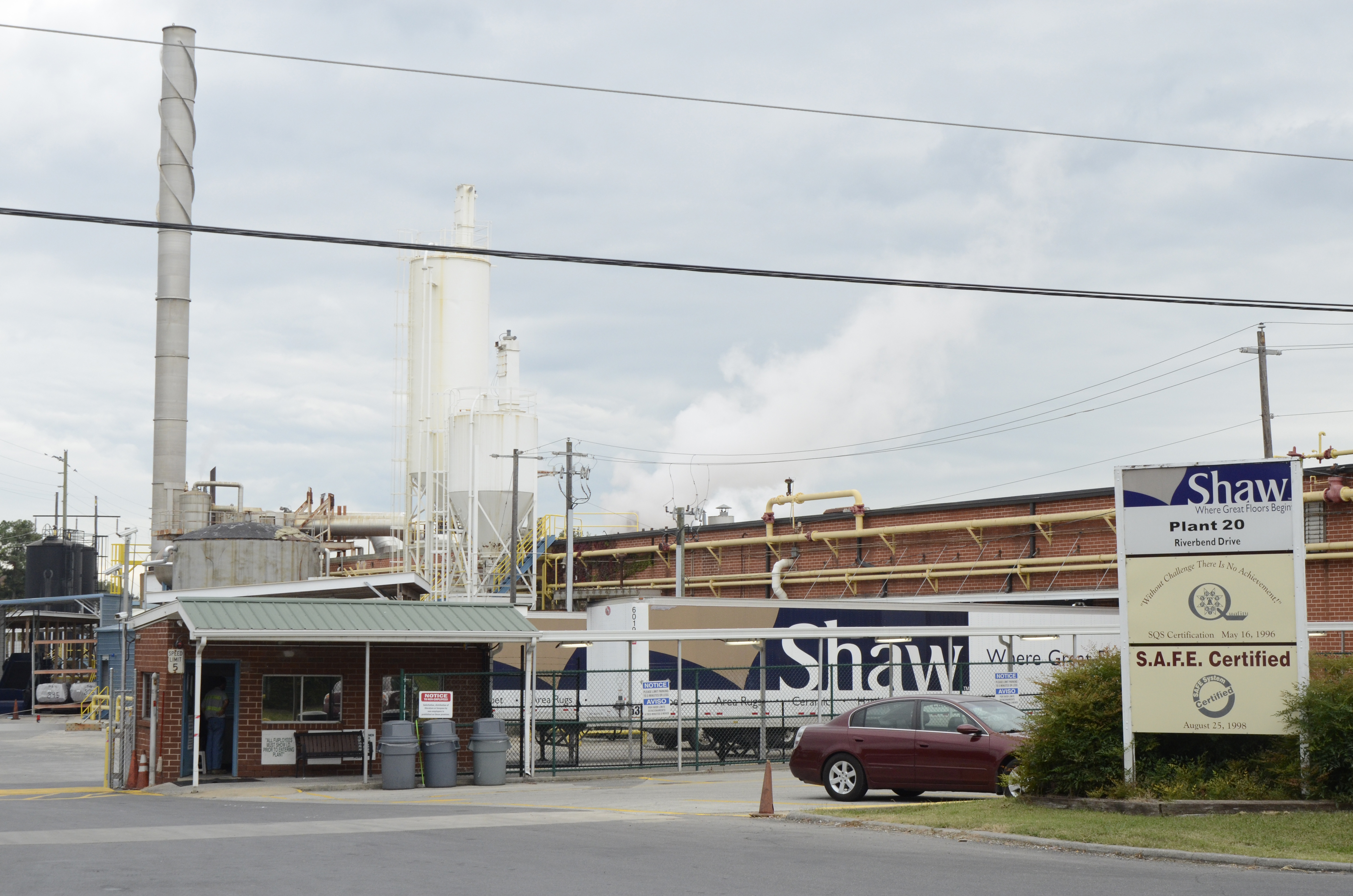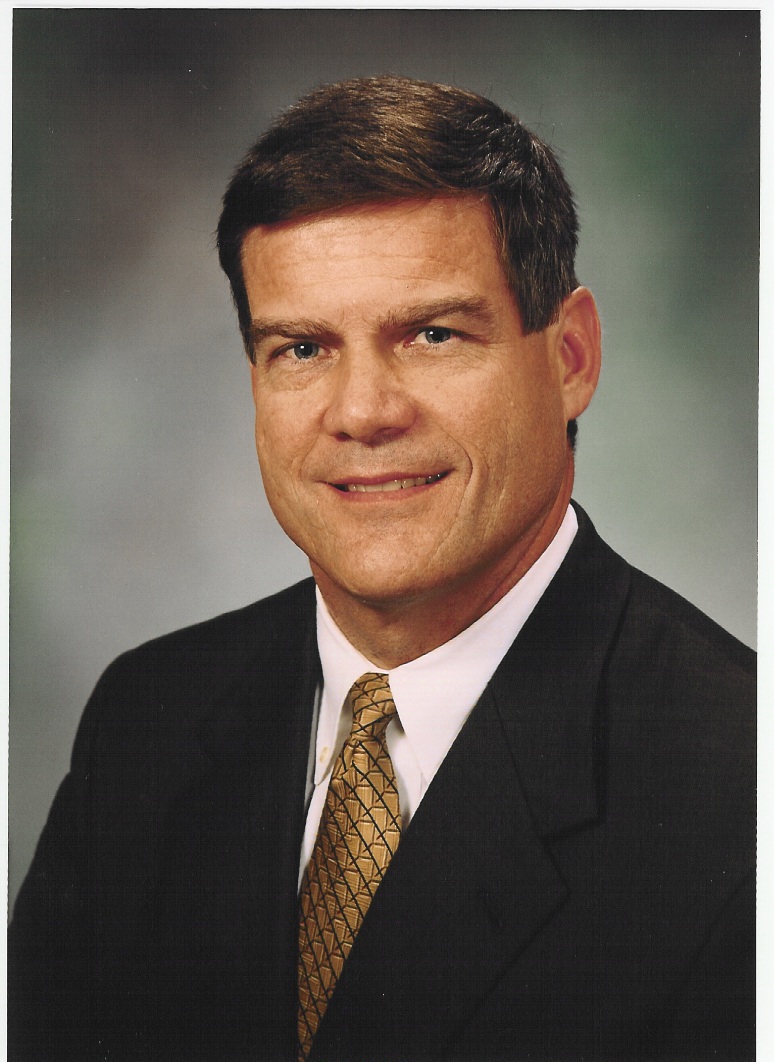SHAW INDUSTRIES AT A GLANCEEarnings:2005 -- $485 million2006 -- $594 million2007 -- $486 million2008 -- $205 million2009 -- $144 millionRevenue:2005 -- $5.7 billion2006 -- $5.8 billion2007 -- $5.3 billion2008 -- $5.0 billion2009 -- $4.0 billionEmployees -- 22,650 workers in 2011Employees -- 31,469 workers in 2006Source: Berkshire Hathaway
Most business owners would have questions for their top executives during a major economic crisis.
That's especially true if that company were a manufacturer of carpet -- a product that depends heavily on new housing to make a profit.
But not Warren Buffett.
Vance Bell, CEO of Buffett-owned Shaw Industries, said he "can go months without talking to him."
"During the recession we spent almost a billion dollars in capital expenditures," Bell said. "There was never one conversation about spending that much money because he wants us to invest in the business."
When the billionaire investor completed his purchase of Shaw Industries in 2006, the flooring manufacturer was the largest business ever acquired by Berkshire Hathaway -- other than Buffett's insurance companies.
At that time, Shaw was earning almost $600 million and bringing in $5.8 billion in revenue, making it the world's biggest carpetmaker.
Shaw boasted nearly 32,000 workers, or about one of every seven Berkshire employees.
Things have changed drastically since then, with the carpetmaker shedding about 10,000 jobs during the worst economic downturn since the Great Depression while Berkshire Hathaway has expanded its portfolio of business holdings. But even amid the worst housing slump in decades, Shaw continued expanding into profitable business sectors, buying up smaller companies to expand its product lines.
"Most carpet companies don't have the ready cash or the confidence to go out and do a lot of acquisitions, but Shaw can do that because they're backed by such a Fort Knox of capital," analyst James Armstrong told Bloomberg.
BERKSHIRE HATHAWAY
Though Shaw may be backed by Buffett, the Berkshire billionaire leaves those decisions to his executives.
"My job is to stay out of their way and allocate whatever excess capital their businesses generate," Buffett wrote to shareholders about his management style. "It's easy work."
He's smart enough to realize that he doesn't always get it right. In fact, in a February letter, he admitted that his prediction that the housing recovery would begin "within a year or so" was "dead wrong."
Bell confirmed that Buffett doesn't try to personally manage Shaw.
"He is hands-off almost to the point of abdication," Bell said. "We don't even send money back to Berkshire, they just report our earnings."
Bell graduated from Georgia Tech in 1973 and joined Shaw in 1975.
When founder Bob Shaw stepped down in 2006, Bell had already worked his way up through sales, marketing, operations and international jobs at the company, and was next in line to take over the firm.
"I got lucky, I guess," Bell said with a wry smile.
He took over at the height of the carpet industry. No one knew it yet, but the housing bubble that had led to ever-increasing profits at the flooring giant was about to burst.
Profits started to slide, but Buffett was neither upset nor did he exert a tighter grip during the following period of turmoil, Bell said.
"He knew more than we did about housing and the recession," Bell said. "He saw it coming."
That's typical Buffett. In annual letters to shareholders, he espouses the importance of picking the right people and letting them work.
The way Bell tells it, Buffett told him to "run this company like it's in your family, and it's going to be around for 100 years."
BELL IN CHARGE
And that's just how Bell runs it.
"One-hundred percent of the strategic and business decisions are made right here in Dalton by the management team," Bell said. "We have our own goals. He just wants the company to be very successful."
Even the long-term planning is done locally by Bell and his managers.
Under Bell's watch, the carpetmaker has moved into other types of flooring and turf, and pushed to expand overseas operations.
Shaw acquired three hardwood flooring manufacturers, two artificial turf companies, and began construction on a new facility in China in the last four years alone, Bell said.
"We really never even had a conversation about it," Bell said. "We have the financial strength to invest where we need to, when we need to."
Nor is there any requirement to deal with other executives in the Berkshire portfolio, though Bell says he works with a few of Buffett's companies to transport their goods using Shaw's trucks.
Not even the company's succession plan is dictated by Buffett.
Buffett does, however, expect his managers to do well by him. He wants executives to get a good return on capital, though he doesn't demand dividends from Shaw, Bell said.
"He has a great degree of confidence in the management team, and he knows what we're doing from our financial statements," Bell said. "He makes a judgment, and he builds confidence over time."
CHALLENGES
The arrangement has its advantages. There are no shareholders or quarterly reports to worry about, and there's always a business genius who's just a phone call away.
"He's a great economic and business adviser to talk to," Bell said.
But even Buffett can't surmount some obstacles.
The housing crisis took its toll on Shaw, as the company shuttered plants and shed jobs from 2006 to 2011. During the past five years, earnings fell by more than half, and revenue dropped by $1.8 billion.
Rising oil prices have boosted the cost of petrochemicals, which Shaw needs for its synthetic carpet as well as the diesel that fuels its truck fleet.
The bigger worry is the price at the pump, "which affects consumer confidence and consumer spending," Bell said.
Those worries could be offset by a warming housing market, however.
Builder confidence in February was at its highest level since May 2007, Bell said, and builders are seeing increasing interest by new homebuyers.
"It's not huge, it's not a breakout, but it's incremental, gradual improvement and we do feel more positive about it," Bell said. "It's set up to improve, it's just going to take a little time."
Buffett, who invests for the long term, isn't worried about quick returns.
In his 2011 letter to shareholders, he placed his faith on the shoulders of today's youth, who will be tomorrow's home-owners.
"People may postpone hitching up during uncertain times, but eventually hormones take over," Buffett wrote. "Housing will come back -- you can be sure of that."


